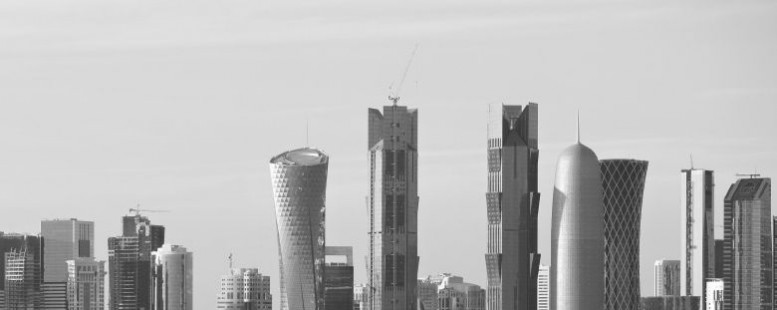Our Opinion: 2014
Qatar is being promoted!

Emerging markets are continuing their difficult run. However, there remains a considerable number of investors who wish to look beyond the more mature Western markets.
After the well known BRIC and MINT nations (Brazil, Russia, India, China, Mexico, Indonesia, Nigeria and Turkey) lies a huge group of ‘frontier markets.’ Some of these markers will be considered ‘developed’ by most, but they retain their ‘frontier’ status by way of lack of regulation or if its financial markets are still relatively immature
The MSCI Emerging Market index fell 4% in 2013, whilst the index that tracks frontier markets rose by 23%.
Frontier markets tend to have young populations, are growing fast, and tend to focus on domestic issues. This means they are more immune than many to events such as China’s wobble. Local businesses are not often well known to Westerners, so markets will often behave in a different way to western markets. Falls there will not always follow to the frontier.
Whilst 2013’s growth is unlikely to be repeated, Bank of America Merrill Lynch recently increased its earnings estimate for the frontier markets, at the same time as it cut them (for the fourth year in a row) for emerging markets.
Oil rich Qatar is a frontier market shortly to be promoted, in May, to emerging market status. That in itself may interest investors looking to benefit from this tiny state’s hydrocarbon reserves.
Qatar’s very small population carries ambitions to become a regional trading centre; it has huge potential from liquefying and then exporting its natural gas. Its gas reserves are the highest in the World after Russia and Iran and that should feed into the local banking sector and wider commerce. Qatar is already one of the world’s fastest growing economies, with compounded, annual growth of 19.3% from 2008 to 2012.
Despite the increase last year, local shares remain reasonably priced and the dividend yield is an extremely attractive 5.5%. The price/earnings ratio that looks at how well a company is valued against its income is 10.4 times. This compares with the average in Frontier Markets of 12.5 times, 16 times for Saudi Arabia ad 13.6 times for the United Arab Emirates.
In May, Qatar’s shares will be in immediate demand rom the huge range of emerging-market index-tracking funds, which will certainly influence prices. Our clients, with the right risk profile, will certainly wish to take advantage of that opportunity.
